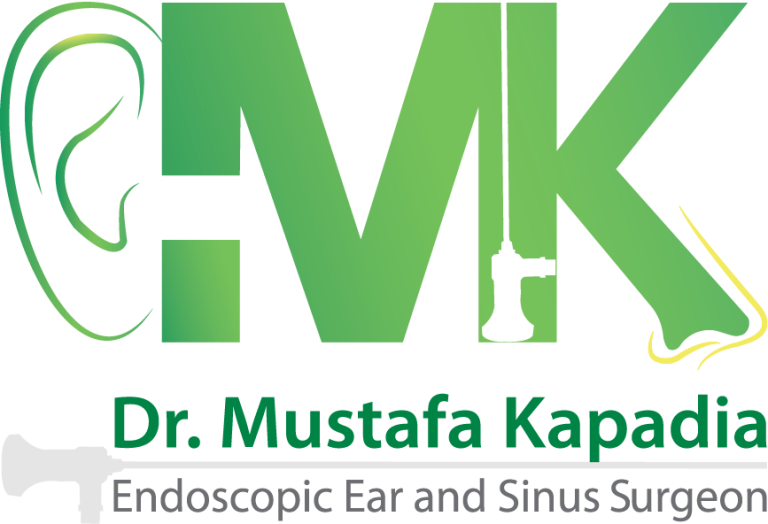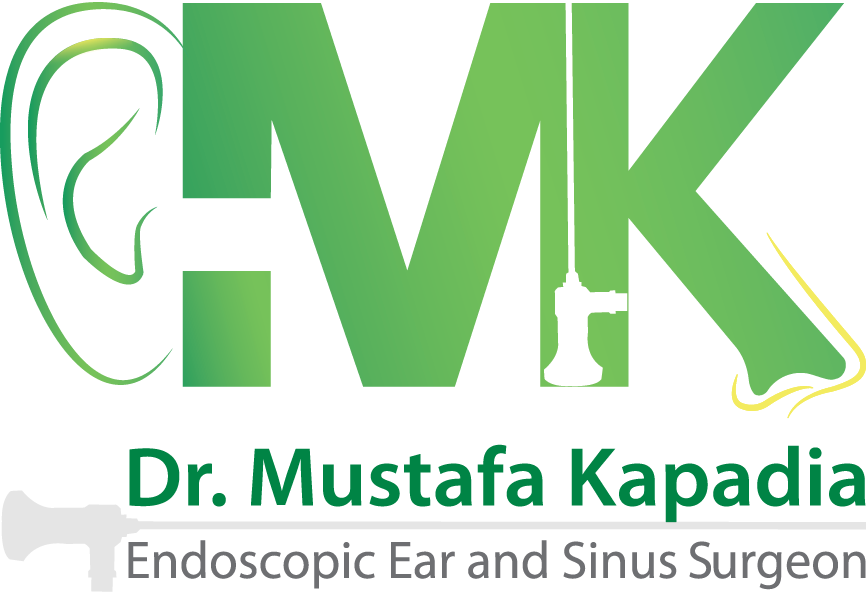Vertigo Treatment in Dubai
What is Vertigo/ Dizziness?
Various feelings, such as faintness, wooziness, weakness, or unsteadiness commonly characterize dizziness. Vertigo is known to cause a type of dizziness that may feel like your surroundings are spinning or moving.
Adults see their doctors for a variety of reasons, including dizziness. Dizzy episodes or chronic dizziness can have a big impact on your life. However, dizziness is seldom a life-threatening illness. The source of your dizziness and the symptoms you’re experiencing will determine how you’re treated. Although it is typically successful, the issue may return.
Types of Vertigo :
Vertigo is classified into two types: Peripheral and Central.
The most prevalent variety is peripheral vertigo. It occurs when there is a problem with your inner ear or vestibular nerve. Both improve your sense of balance. Peripheral vertigo subtypes include:
- BPPV stands for benign paroxysmal positional vertigo.
- Labyrinthitis.
- Vestibular neuritis.
- Ménière’s disease is a type of cancer.
Central vertigo is rarer. It happens when you have a brain condition, such as an infection, stroke, or traumatic brain damage. Central vertigo is characterized by more severe symptoms such as extreme instability or trouble walking.
Symptoms of vertigo:
Dizzy people may describe it as one of several feelings, including:
• A whirling sensation or a misleading impression of motion (vertigo)
• Feeling weak or lightheaded
•Instability or a lack of equilibrium
• A sensation of floating, wooziness, or heaviness in the brain
Walking, standing up, or shifting your head might cause or exacerbate these symptoms. It’s possible that your dizziness is accompanied by nausea, or that it’s so abrupt and intense that you need to sit or lie down. The event might last seconds or days, and it could happen again.
Medical problems that induce dizziness, especially a sensation of imbalance, are more common in older individuals. They’re also more prone to take dizziness-causing medicines.
Complications:
You’re more likely to fall and injure yourself if you’re dizzy. When you’re dizzy while driving a car or operating heavy machinery, you’re more likely to have an accident. If an existing health issue that is causing your dizziness is not addressed, you may suffer long-term repercussions.
Common ENT conditions causing Dizziness:
1.BPPV ( Benign Paroxysmal Positional Vertigo):
BPPV is the commonest cause of vertigo in patients who seek ENT consultation. It is commonly seen in females (2:1 ratio), in late 50s and the most common vestibular disorder across the lifespan. The vertigo lasts for a few seconds to minutes and is aggravated by head movements like lying down or getting up from the bed, turning on one side in the bed, bending forward or extending the neck while reaching for some objects. Rarely will vertigo be associated with nausea and vomiting. Most often there are no associated ear complaints. It’s a benign condition and usually resolves within a few days to weeks.
It happens because of free floating “Otoconia” ( small crystals in the Utricle) in the vestibular organ. For some reason, these otoconia particles become loose and enter one of the Semicircular canals. Because of movement of these free floating crystals, patients experience vertigo in specific head positions and movements. The most common semicircular canal to be affected is the Posterior canal ( 80%).
BPPV is easily treated in the clinic by various particle Repositioning Maneuvers. The primary aim of these different repositioning maneuvers is to put otoconia back into its normal site. These maneuvers take only a few minutes and most often patients are completely cured of their symptoms.
BPPV is easily treated in the clinic by various particle Repositioning Maneuvers. The primary aim of these different repositioning maneuvers is to put otoconia back into its normal site. These maneuvers take only a few minutes and most often patients are completely cured of their symptoms.
2.Meniere;s disease:
Meniere’s disease is characterized by recurrent attacks of spontaneous vertigo, hearing loss and other ear symptoms like tinnitus/ aural fullness. Vertigo usually lasts for a few minutes to hours. The exact etiology of Meniere’s disease is not known, yet it has been always associated with increase in inner ear fluid ( endolymph) volume.
Diagnosis is usually made by clinical history, hearing and vestibular testing. Imaging studies like CT scan or MRI brain might be done to rule out other causes of vertigo.
There is no specific treatment for Meniere’s disease, it includes combination of lifestyle changes ( salt and caffeine restrictions), medical treatment ( diuretics, anti-histamines) or surgical treatment.
Diagnosing Vertigo :
- Fukuda-Unterberger experiment
The doctor will instruct you to march in place for 30 seconds while closing your eyes. Spinning or leaning to one side could indicate a problem with your inner ear labyrinth. This could result in vertigo.
- Romberg’s examination
During this examination, the doctor will instruct you to close your eyes and stand with your feet together and your arms at your sides. If you feel imbalanced or unsteady, you may have a problem with your central nervous system (brain or spinal cord).
- Vestibular test battery
This comprises a variety of tests to evaluate the vestibular region of your inner ear system. A vestibular test battery can assist in determining if an inner ear problem or a brain problem causes your symptoms.
- Head impulse examination
For this test, the doctor will gently move your head to each side as you focus your eyes on a stationary object (such as a place on the wall or your provider’s nose). They will pay particular attention to your eye movements while they move your head. This can tell them whether there is a problem with your inner ear’s balancing system.
- Imaging tests
CT (computed tomography) scans or MRI (magnetic resonance imaging) may be used.
Vertigo Treatment in Dubai
Here are some common approaches for vertigo treatment in Dubai:
- Canalith Repositioning Procedures
These maneuvers, such as the Epley maneuver, aim to reposition displaced calcium carbonate crystals (canals) from the semicircular canals back to their original location in the utricle of the inner ear.
Procedure: Conducted by a professional, canalith repositioning procedures involve specific head movements that can be performed during an office visit or taught for home use.
- Vertigo Medication
Type: Motion sickness medications (e.g., meclizine, dimenhydrinate) or antihistamines (e.g., cyclizine).
Usage: Recommended for cases of acute vertigo to alleviate symptoms.
- Vestibular Rehabilitation Therapy
Objective: Improve common vertigo symptoms, including dizziness, unstable vision, and balance issues.
Tailored exercises may encompass stretching, strengthening, eye movement control, and marching in place. The doctor customizes treatment plans and educates patients on at-home exercise implementation.
- Surgery
Reserved for rare cases where serious underlying health issues, such as brain tumors or neck injuries, cause persistent vertigo unresponsive to other treatments.
Considerations: Surgery is only recommended when alternative interventions prove ineffective. Providers or surgeons will discuss the specific procedure and expectations with the patient.
Consult Dr. Mustafa Kapadia - vertigo specialist in Dubai
If you are in need of the expertise of a vertigo specialist in Dubai, Dr. Mustafa Kapadia is a distinguished ENT specialist with over 12 years of clinical excellence.
Renowned both locally and internationally, Dr. Kapadia is recognized as the foremost ENT doctor in Dubai for vertigo treatment in Dubai.
Boasting a wealth of experience, Dr. Kapadia is highly skilled in addressing various ENT conditions, with a particular focus on vertigo treatment in Dubai, UAE.

